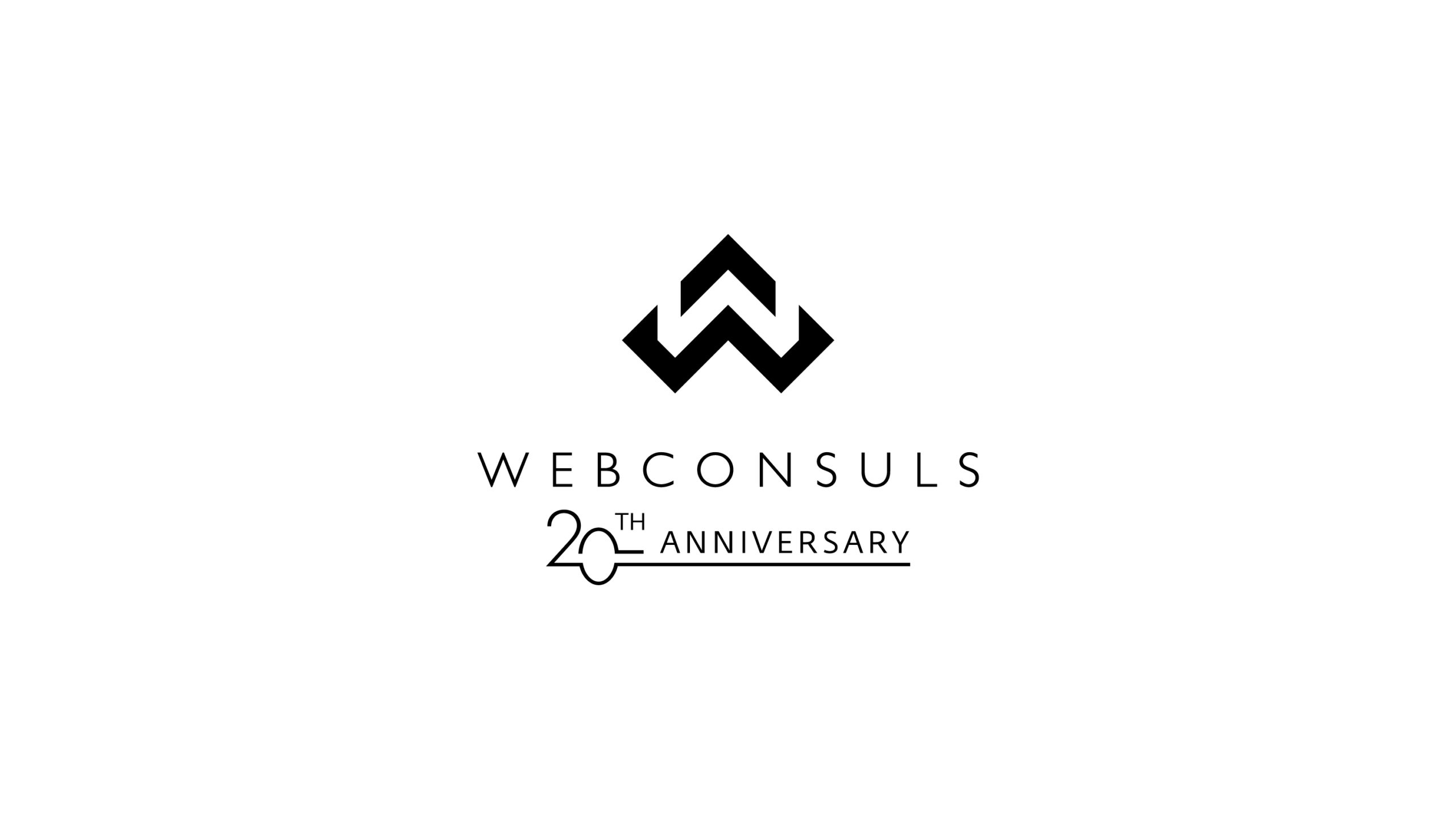20th Anniversary Celebration
Webconsuls, LLC is celebrating its 20th anniversary as a successful web design and search engine optimization firm. Founded just one year after Google Search and one year before Google Ads, the company has remained at the forefront of digital trends, assisting over 500 clients in the development of websites and digital strategy.
The History of Webconsuls
Webconsuls was established by Dick Fay and Dennis Helfand, both retirees from Atlantic Richfield Company/ARCO Alaska. Judith Helfand joined as a full partner in 2006. As of 2015, Dick has retired and Dennis and Judy serve as primary consultants for Webconsuls, now owned and operated by Malik Soomar, Heidi Trow and John McGhee. Today, Webconsuls continues to prioritize its mission of ethical, transparent, no-shortcuts digital marketing for each and every client.
“Our goal is to handle the digital marketing and optimization, so that our clients can focus on running their businesses,” says owner Heidi Trow. “Because we have such extensive expertise in SEO, web design and development, we’re able to serve as a single-source partner for all of our clients’ web needs. There’s no secret to our success – just hard work.”
Throughout the past two decades, Webconsuls has generated a positive reputation nationwide. The company helped its clients to grow their businesses, even during the recession of 2007-2009. This allowed customers to add capacity, staff members and services at a time when others had to make cuts. This dedication contributed to a growing client roster, with loyal patrons choosing to renew their contracts year after year.
20 Years of Growth and Change
Much has changed since 1999. When Webconsuls was founded, the term “search engine optimization” was just two years old, and people were accessing the “world wide web” through bulky desktop computers – browsers weren’t available on Nokias or flip phones. Connections were available through dial-up, broadband or new DSL connections, with a maximum download speed of 6 Mbps. That year, Google processed 3.5 million search queries each day. Today, that number has skyrocketed to more than 3.5 billion searches per day – a total of 1.2 trillion requests per year, including new voice and mobile searches.
Webconsuls is proud to have grown alongside Google and other major search engines over the course of its 20-year history, through countless changes to the algorithm and the introduction of new services and devices that shape the way people interact online. Thank you for celebrating our 20th anniversary with us.
About Webconsuls
Webconsuls is a full-service digital marketing agency headquartered in Nashville, Tennessee with a second location in Los Angeles, California. Founded in 1999, Webconsuls provides web design, content development, search engine optimization and paid search services for a diverse array of fields, with a specialty for medical and legal services. Clients include addiction treatment providers, criminal defense lawyers and others in customer-facing industries. To learn more, visit https://www.webconsuls.com/



